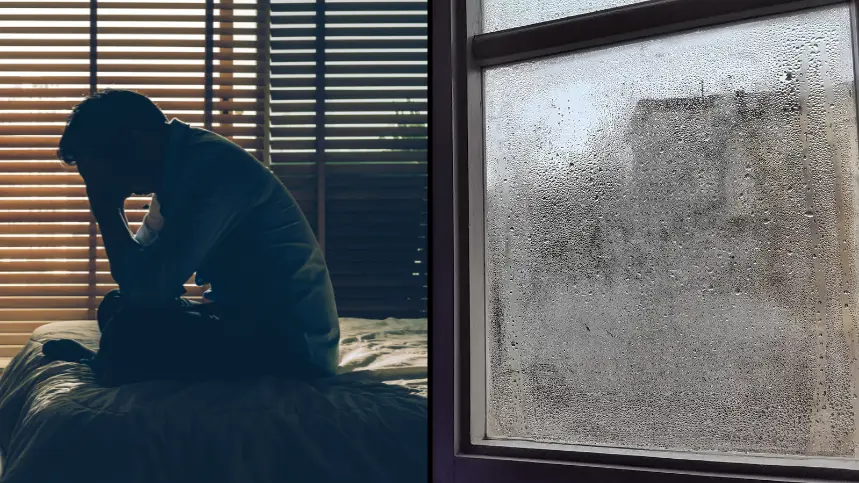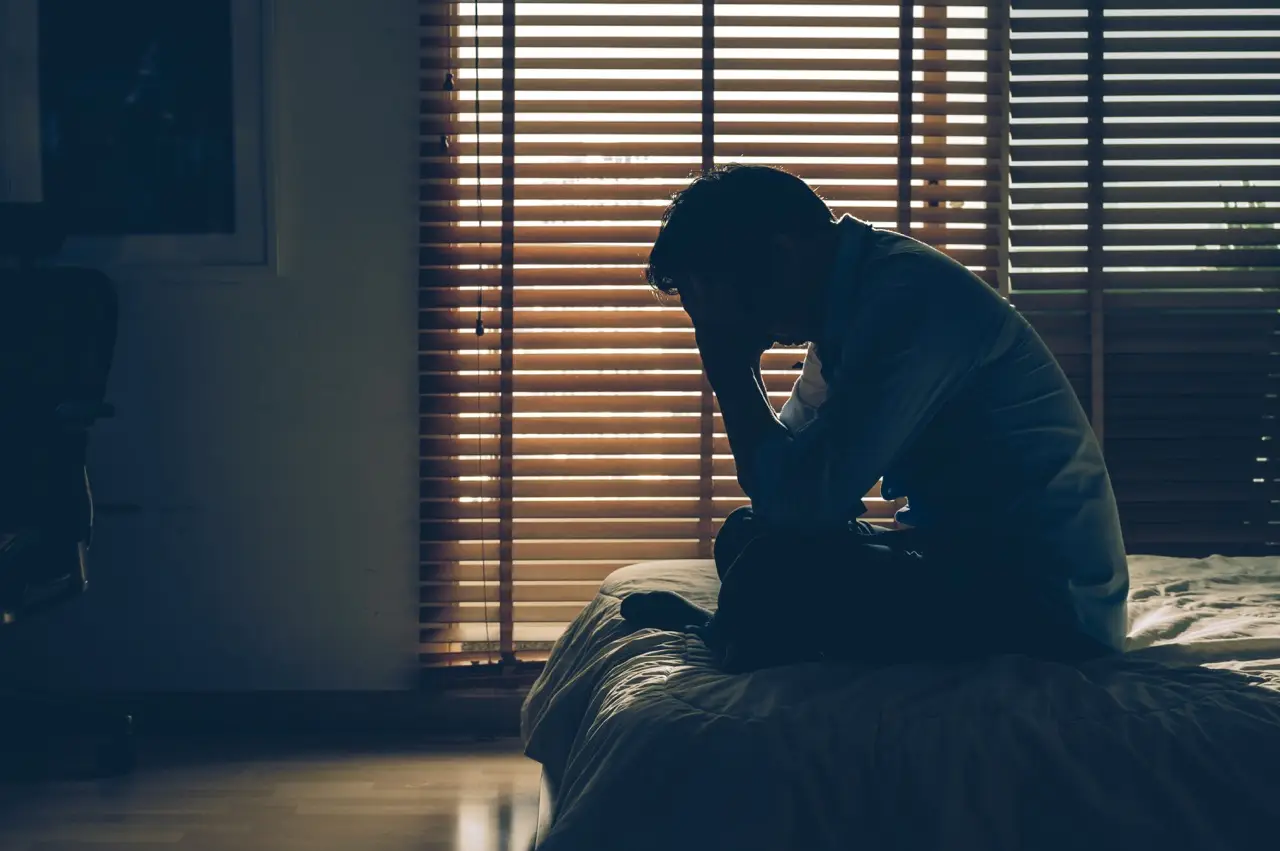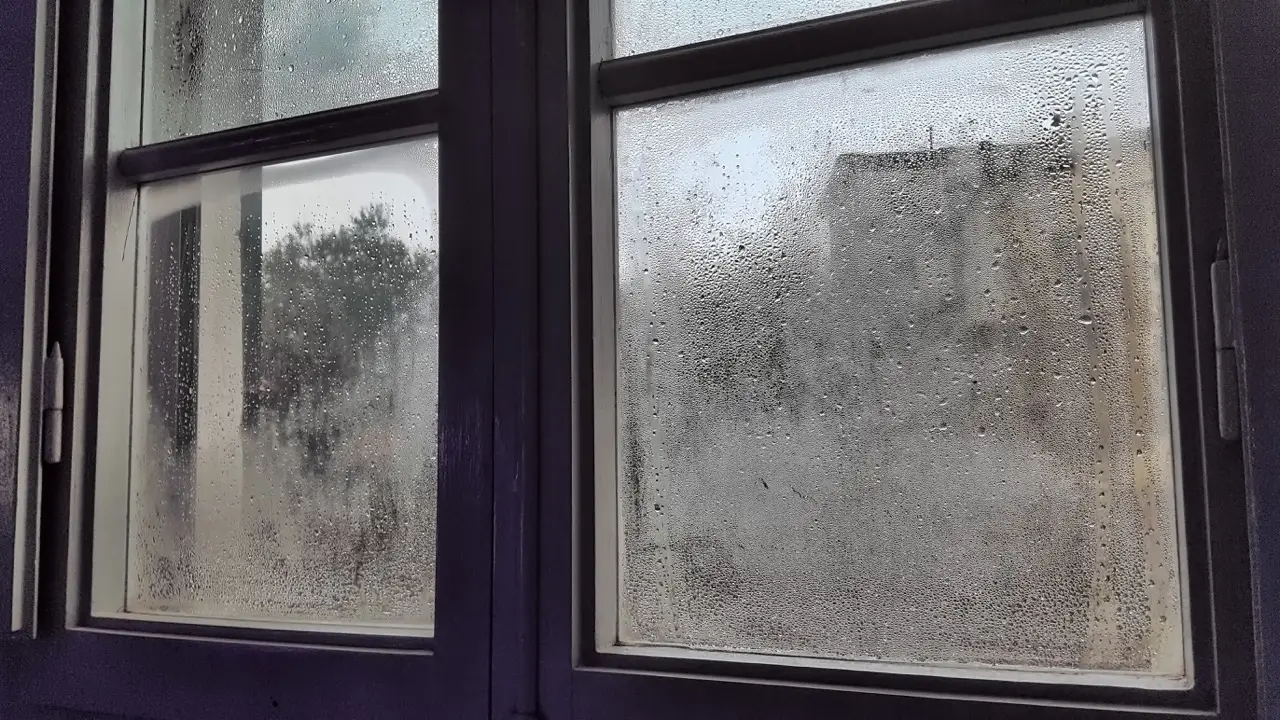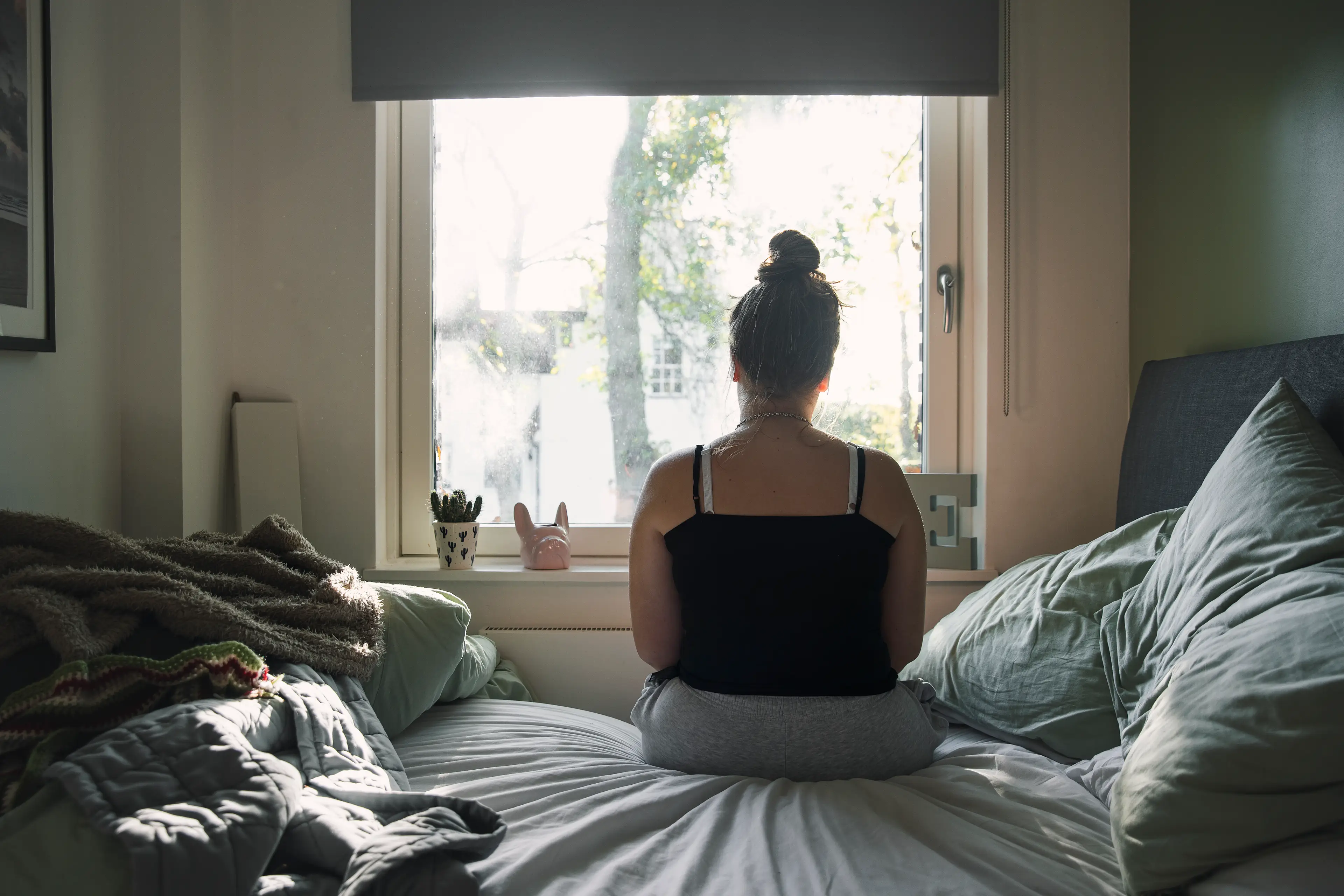
Wake up for work, it's dark. Leave work, it's dark.
Don't worry, you're not the only one who feels depressed by the s**t weather.
In fact, 'around 2 million people in the UK' have Seasonal Affective Disorder (SAD), defined as 'a type of depression that you experience during particular seasons or times of year'.
"Depression is a low mood that lasts for a long time, and affects your everyday life," according to mental health charity, Mind.
Advert
"If you have SAD, you'll experience depression during some seasons in particular, or because of certain types of weather or temperature. You can experience it in winter or summer."

The reason why most people like warm and sunny weather is apparently 'due to the vitamin D and serotonin that sunshine brings', suggested Smriti Joshi, lead psychologist at Wysa.
"So cold weather, dark nights and a quieter life will make us feel low. That’s perfectly normal and nothing to worry about," she explained.
"At the same time, there’s no doubt that the cost-of-living crisis and affording the fuel and food to keep us warm will be increasing anxiety."
Now, according to Mind, there are a number of signs you should look out for if you think you're experiencing a form of SAD.
1) Lack of energy
When it's cold and dark outside, all of a sudden, your daily tasks, like going to the gym, doing the food shop and taking the dog for a walk becomes a lot more of a chore.
2) Not wanting to see people
The group chat is trying to get a night out together, but you 'can't be bothered' because it's raining outside.

3) Feeling sad or low
Even getting out of the bed in the morning becomes difficult.
4) Changes in your appetite
Eating more, or less, can sometimes be a sign.
5) Losing interest in sex or physical contact
A low sex drive and a lack of energy are signs of SAD.
It's not all bad news, as there are ways you can feel better.
As with anything, it starts with you.
Tina Woods, health expert and CEO of Business for Health, suggested adopting a regular exercise routine – along with some other lifestyle tweaks.
“By incorporating 30 minutes into your daily routine, you can activate your neurotransmitters, in turn, boosting your mood. This doesn’t have to be strenuous gym classes. Build in small changes that can have a big impact, such as jumping off the Tube a stop early and walking, or walking up the escalators or stairs when you have the choice,” Woods said.
“Socialising is extremely effective for mental health and wellbeing [too], especially in those winter months when serotonin levels are likely to be lower. Try not to isolate yourself and stay cooped in, due to rainy weather. By socialising with peers, keeping in touch with friends and family or even making an effort to commit to a company-wide social event, you can help ward off the effects of bad weather.

“Food is [also] closely linked to our mood and sleeping habits. That’s why it’s crucial to maintain a healthy diet to prevent the impact of the weather on your mood. Vitamin D is known as the ‘sunshine vitamin’ as your body can make it by absorbing natural sunshine and through the foods you eat. This includes mushrooms, milk, eggs and fish such as salmon and tuna fish.”
Niekerk recommends ‘habit stacking’.
He said: “The idea is simple: if you’re trying to incorporate a new habit into your routine, then ‘combine’ it with another habit that you enjoy or find easy.”
Otherwise, he added: “There’s light therapy: you can also use a special lamp (called a ‘light box’) to simulate exposure to sunlight.
“If it gets really bad, you can try talking therapy. Cognitive behavioural therapy (CBT) or counselling can also be a great help if you’re struggling with your mental health in the winter months.”
If you are having a tough time, book an appointment with your GP or call the Samaritans helpline on 116 123.
Topics: Mental Health, UK News, Weather, Health